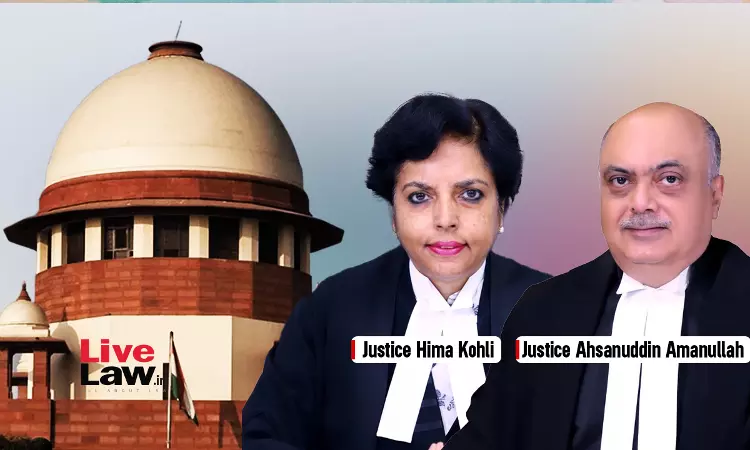The Supreme Court has declared that the the fundamental right to health encompasses the right of a consumer to be made aware of the quality of products being offered for sale by manufacturers, service providers, advertisers and advertising agencies.To protect this right, the Court directed that henceforth, before an advertisement is printed/aired/displayed, a Self declaration shall be...

